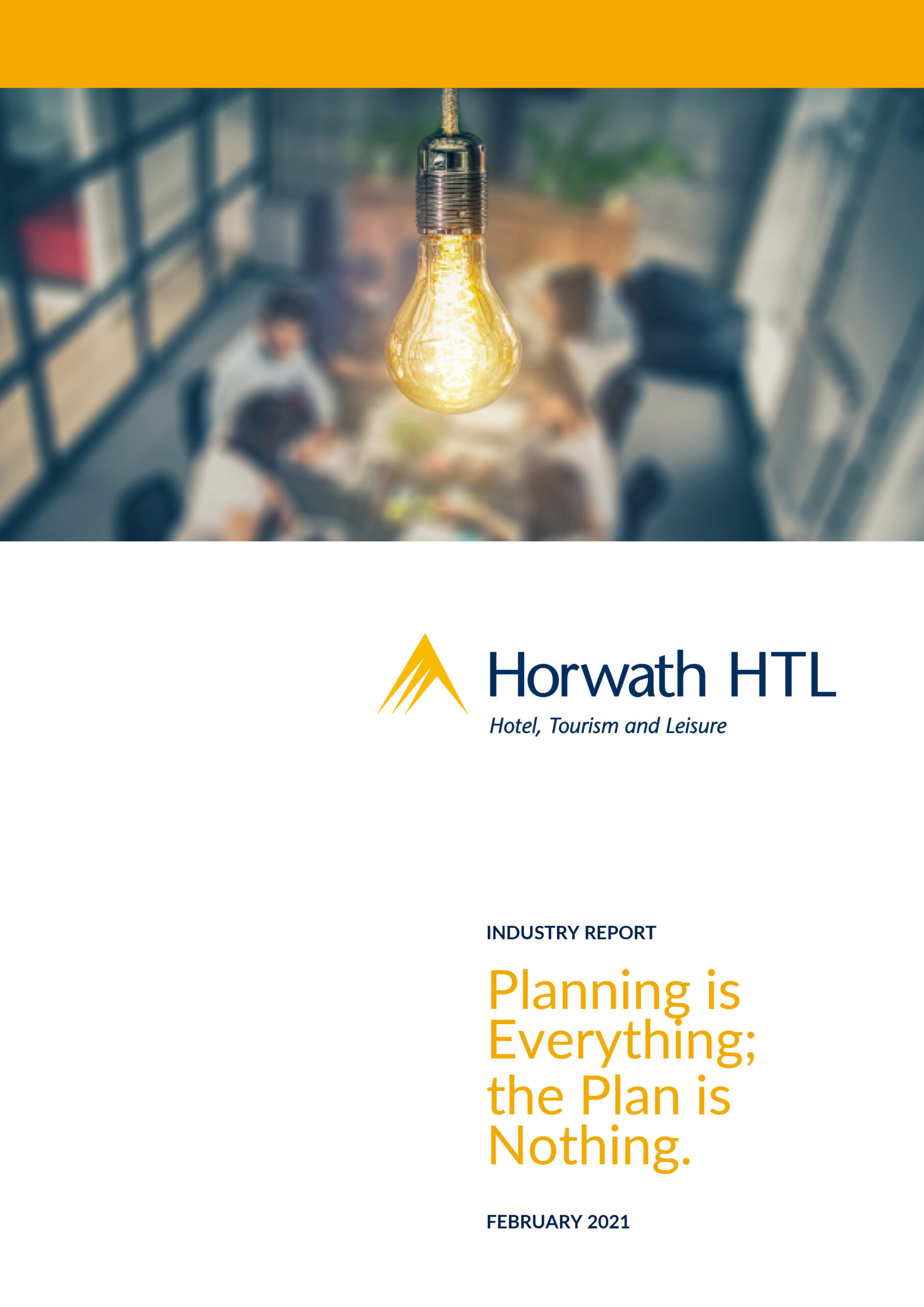
Report
Planning is Everything; the Plan is Nothing.
Industry Recovery and Performance:
Former US President Dwight Eisenhower famously stated, "Plans are worthless, but planning is everything." This perspective holds significant relevance for the hotel industry, especially in the context of the COVID-19 pandemic, which has underscored the need for adaptable and strategic planning.
Key Lessons from the Pandemic
The pandemic has revealed several critical insights for the hospitality sector:
The Importance of Flexibility:
- The ability to pivot and adapt plans quickly is crucial. While having a plan is essential, being flexible and ready to change course is even more important.
Cyclical Nature of the Economy:
- Economic cycles are inevitable. The hospitality industry must be prepared for fluctuations and avoid complacency during prosperous times.
Strategic Investment Over Short-Term Profit:
- Investing in the future of the business should take precedence over immediate profit-taking. This approach ensures long-term sustainability and resilience.
Asset Management:
- Effective asset management can be the difference between the survival and failure of a hotel. Ensuring assets are future-proofed or recyclable is vital.
Valuing Health and Wellness:
- The pandemic has heightened awareness of health and wellness, making it a top priority for both guests and employees.
Economic and Social Dependencies:
- The hospitality industry relies on a diverse workforce, often including low-paid workers. Recognizing and supporting these essential workers is crucial for the industry’s stability.
Strategic Planning in the Hospitality Industry
Long-Term Vision and Strategy:
- A clear vision and strategy link the present to the future direction of the business. Separating strategic thinking from day-to-day operations helps in managing current challenges while preparing for the future.
Embracing Change and Innovation:
- The industry must continuously re-examine, re-think, and adjust plans. Innovation and creativity are essential in adapting to new realities and emerging trends.
Operational Adjustments:
- Hotels have learned the value of operational flexibility, such as renting out rooms during the day and providing work-friendly environments. This adaptability can open new revenue streams and enhance guest experiences.
Focus on Sustainability:
- Future-proofing assets involves incorporating sustainable practices. This includes environmental initiatives, community engagement, and ethical operations that resonate with increasingly conscientious consumers.
The COVID-19 pandemic has been a wake-up call for the hospitality industry, emphasizing the need for robust and adaptable planning. While the immediate future remains uncertain, the lessons learned during this crisis can help the industry build resilience and navigate future challenges effectively. Strategic planning, flexibility, and a focus on health and wellness will be key drivers in ensuring the long-term success of hotels.
Download the report
For detailed charts, graphs, and further analysis, download the full report here






